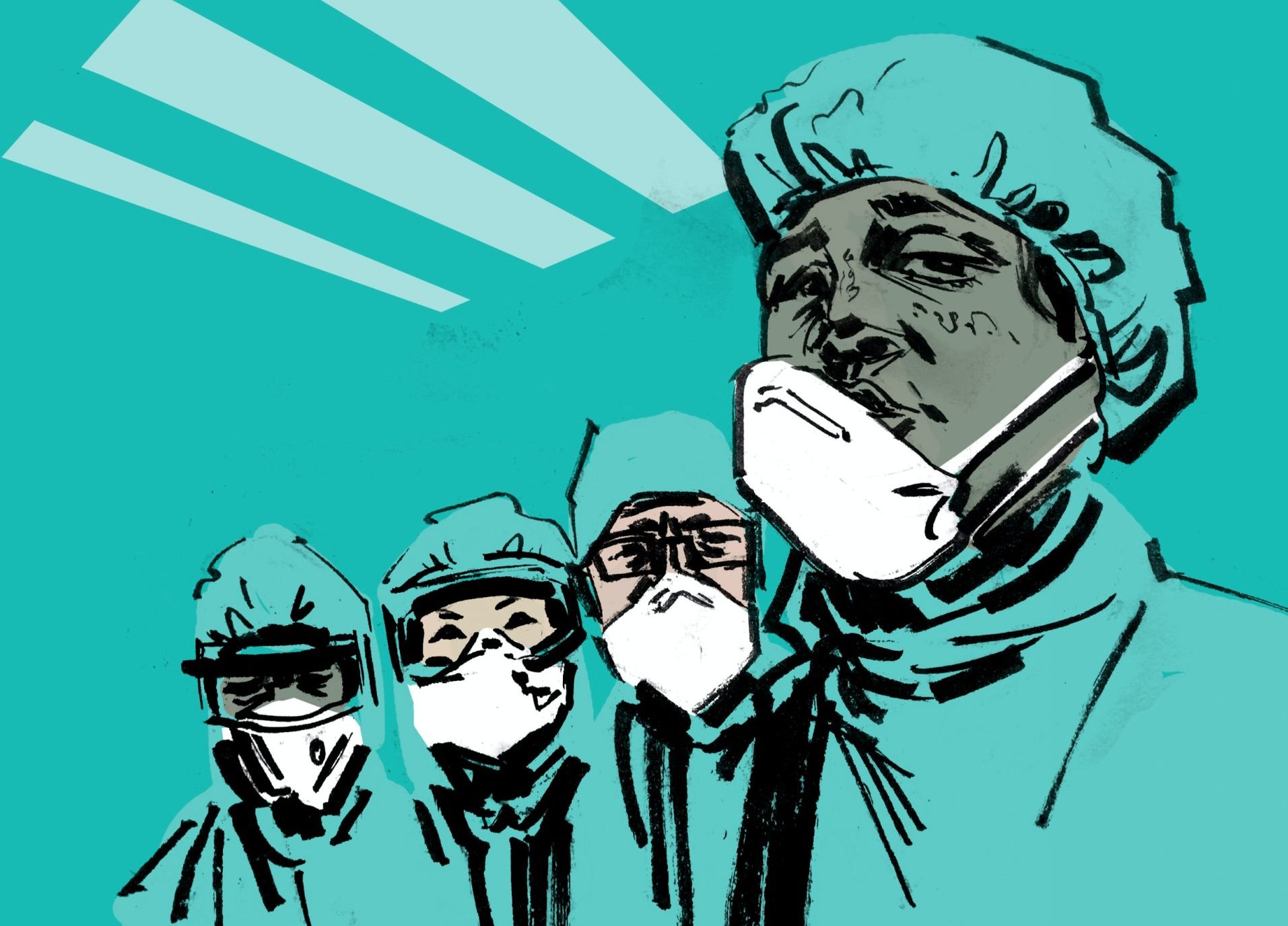The US healthcare system has had its fair share of criticism throughout the years. However, the Covid-19 pandemic has further brought into sharp focus the need for a health care revolution. This unprecedented situation is driving the US towards a reform that would promote universal access to affordable care.
The pandemic has particularly affected racial-ethnic minority groups by preventing them from having fair opportunities for adequate healthcare and putting them at an increased risk of getting sick and dying from Covid-19. To fight the social inequities that have burrowed themselves into the medical system, the country must bring solutions.
The Crumbling of the Healthcare system
The way healthcare services operate in the US has been under significant scrutiny for a considerable number of years. Before the pandemic, the Trump administration had already added to the decline of health care in the US, with a 2.3 million increase in the number of Americans without health insurance between 2016 and 2019. This deterioration can be directly attributed to Trump and his party’s efforts to repeal and limit the Affordable Care Act. The adverse effects of the pandemic have further exacerbated the situation.
“[Former] President Trump’s legacy is a decline in healthcare coverage, leaving Americans less protected during a pandemic when the security of healthcare coverage is more important than ever,” Dr Andrew Bindman, a professor of medicine, highlighted.
The lack of access to good healthcare services has affected every individual. However, people of colour and other marginalised communities have experienced more significant consequences. The racist and bigoted rhetoric pushed during the 2016 presidential election and under the Trump administration as a whole, has contributed to the development of an inherently racist system. The inequalities, deeply rooted in healthcare institutions, such as racial profiling and general discrimination, have further deteriorated the uneven access to healthcare services, poorer health outcomes, and health insurance gaps.
What can be plainly understood is that the privatisation of insurance, which makes any healthcare excessively expensive, is uniquely damaging to Black, Indigenous and People of Colour (BIPOC) communities. Such communities are more likely to live in low-income areas, have less space for exercise and are more likely to be near pollutant producing factories that contribute to worse health conditions. Due to a lack of insurance, they also tend to receive a lower quality of health care that is more economically damaging. The restricted access is either the result of ‘unequal distribution of resources or because of providers’ racial and economic biases‘. This has had a particularly chilling effect during the Covid-19 pandemic.
Racial inequalities and Covid-19
The Covid-19 pandemic forced the governments to react quickly, with some prioritising individual life and health, whilst others, like the US, decided to reduce the economic damage. The refusal to provide more adequate healthcare services during a crisis has disproportionately affected the BIPOC communities. According to the Centers for Disease Control and Prevention, BIPOCs in the US and the UK are 2.5 times more likely to test positive for Covid-19 and significantly more likely to die from the infection.
Doctors take an oath to treat all patients equally; however, not all patients are treated equally well, showing the deeply embedded discrimination and bias even in the healthcare system. Such disparities are usually easily attributed to biological factors. While it is true that People of Colour, such as Black Americans, have higher rates of obesity, diabetes and hypertension, essentially, the worse outcome from Covid-19 boils down to the structural inequity in the US.
As Whitney Pirtle, a UC Merced sociologist, pointed out, “Racial differences in illnesses are not the result of biological or even behavioural differences in race but a result of racist, capitalist systems that structure people’s lives.” They result from the environment the communities are surrounded by and cannot seem to get out of.
The real culprits of such structural inequalities are the social and economic factors. Firstly, it is harder for BIPOC communities to social distance as the majority are essential workers and are thus less able to work from home. Even if they could work from home, BIPOCs are more likely to live in low-income, densely populated areas, lacking access to grocery stores or even clean water. Secondly, many of them are less likely to have adequate access to healthcare services, essential during this time, such as Covid-19 testing sites. Thirdly, BIPOCs are less likely to afford insurance and must consequently pay for their medical bills. Hence, they are less likely to go to the hospital during Covid-19 or may wait till the infection severely impairs their health. With higher hospitalisation rates from Covid-19 amongst BIPOCs, this has contributed to the more significant economic burden carried by the same community.
Solutions and the Future
There are many steps the US and other countries could take to reduce the discrimination faced by racial minorities every day, specifically in health care. Research has shown that minority patients may benefit from being taken care of by doctors from their own community, reducing implicit bias. In addition, consciously ensuring that more testing sites and appropriate facilities for Covid-19 care are deployed in lower-income areas, may reduce the death rates amongst BIPOCs. Most importantly, the US must ensure that racial minorities receive the same attention from healthcare professionals without the worry of extra financial, mental or physical burdens during a pandemic.
Ultimately, the issues faced during Covid-19 come down to a need for a major change of how the system works – dismantling the deeply rooted racism throughout the US. With the new administration led by President Biden, the US may be able to change how the BIPOC communities are treated not only in healthcare services but also in the country.
Charities accepting donations to support BIPOC communities: Act Blue, Equal Justice Initiative, The Asian Mental Health Project, and Native American Rights Fund.
More can be found at https://nymag.com/strategist/article/where-to-donate-for-black-lives-matter.html.
3rd year Law student at KCL






0 Comments